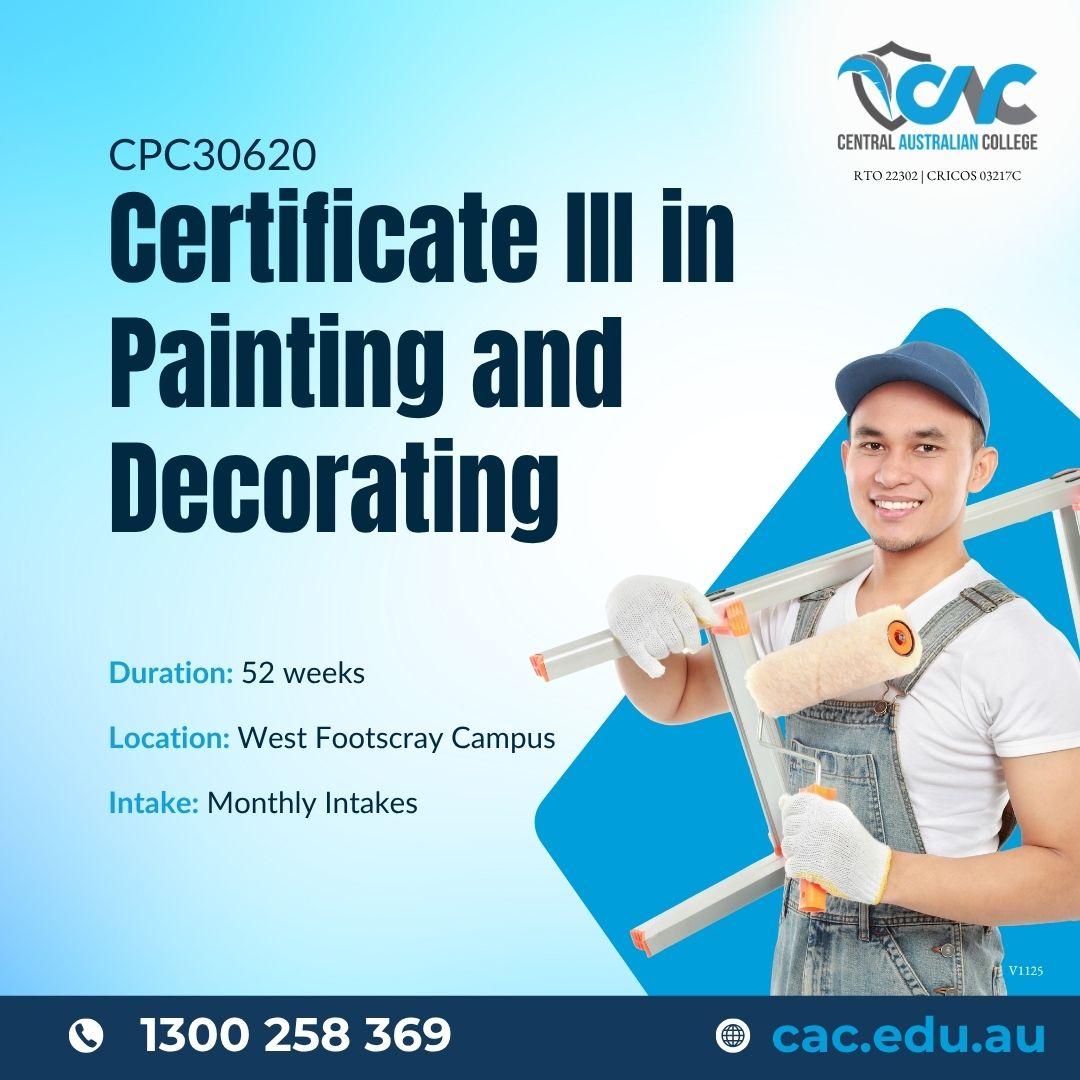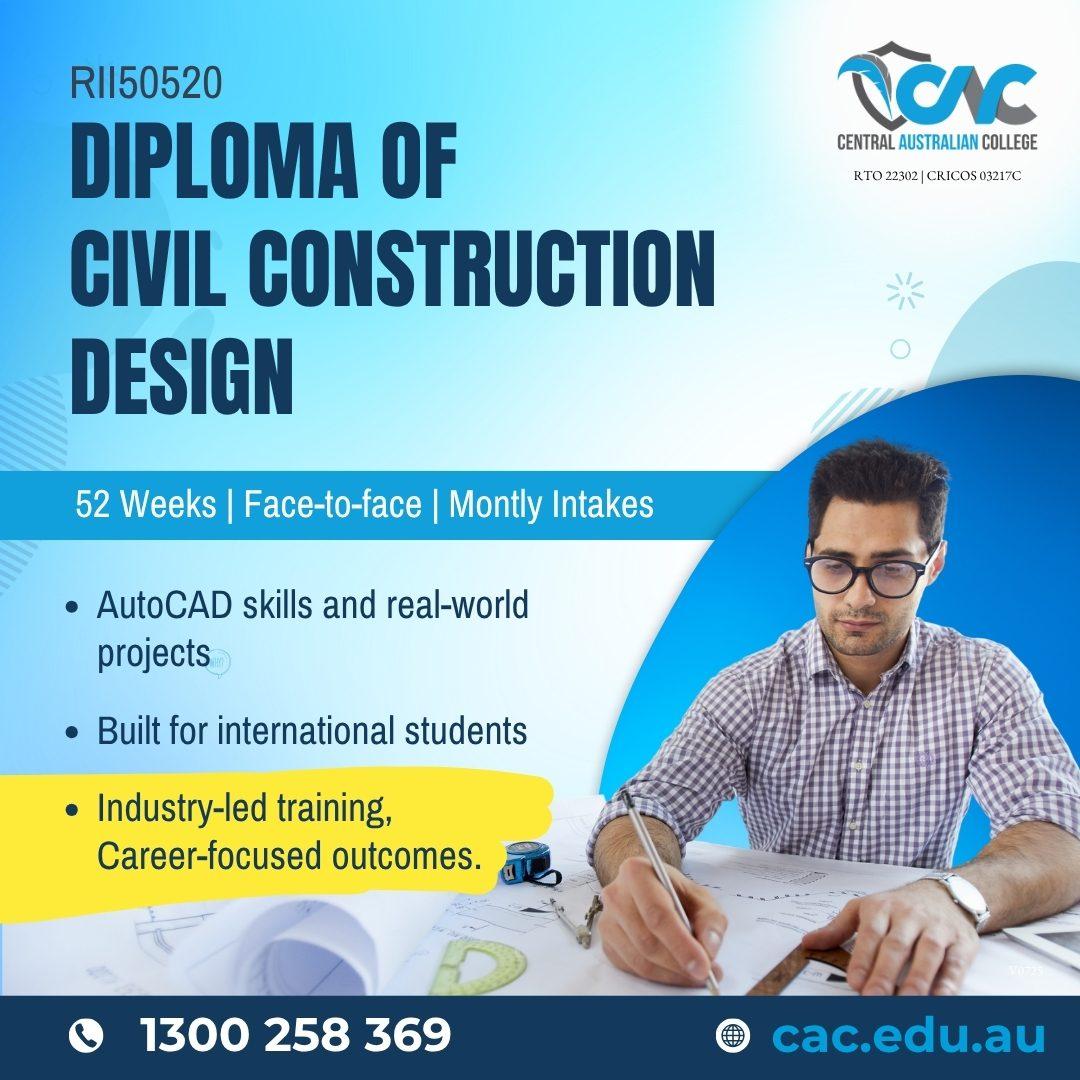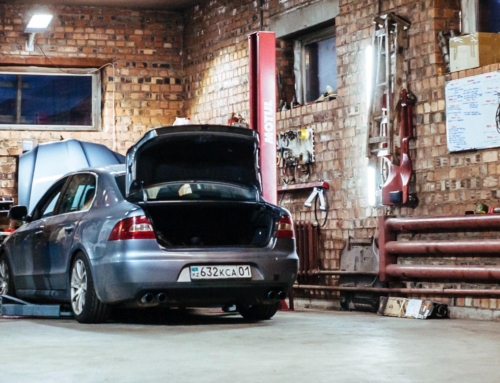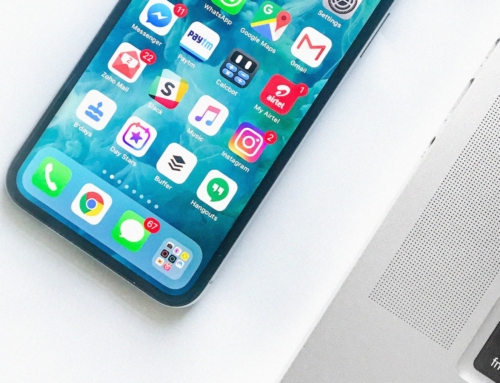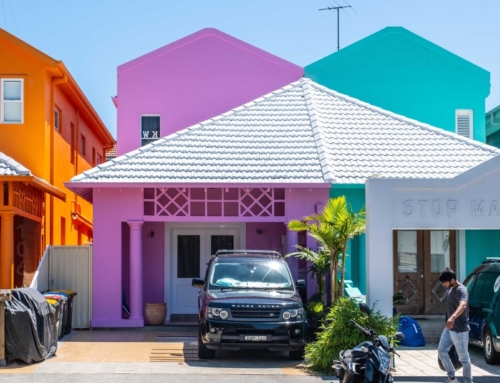In this post, an international student tells us what it’s like to move to Australia and what she wished she’d known. From arriving on a Working Holiday Visa to switching to a Student Visa and studying Certificate IV in Marketing, we hear all about it.
Deciding to move to Australia
In January 2019, I was speaking to a friend who had just returned from a year abroad in Australia. He couldn’t stop talking about the beautiful things he saw, the incredible things he did and the wonderful experiences he would remember forever.
That night, I returned home and applied for an Australian Working Holiday Visa. And six months later I was on a plane heading to Australia.
As I sat with my hand luggage at my feet, in-flight meal on my flip-down table and a film playing on the small screen in front of me, I had no idea what laid ahead ‘down under’. I could never have expected that I would fall in love with Australia, decide to study there and begin my course as the world plunged into a pandemic-induced lockdown.
I’m lucky in that I got to experience Australia both in and out of lockdown. I got to see what it is ‘normally’ like and how it adapted to the challenges Coronavirus posed. When I applied for colleges in Melbourne, I was an onshore student. This means that I was already in Australia.
The first month in Australia
When I landed in Australia, I was both excited and terrified in equal measure. Even though I am a native English speaker, I didn’t know what this new culture would be like. I was entirely on my own, but I didn’t feel lonely. I was ready to dive into a new adventure and see what happened!
I chose to stay in a hostel when I arrived. This allowed me to meet new people and find my feet. I definitely recommend staying in a hostel when you arrive in Australia. Being around people who are in your situation is a massive help. You feel supported immediately.
During my first couple of days I bought an Australian SIM card and set up a bank account. I also applied for a tax file number. I knew I wanted to work during my stay, so these were essential. Luckily, all of these processes were easy. I bought the SIM in the Optus store and set up my Australian bank account before arriving in Aus. All I had to do was visit the bank branch when I arrived. The tax file number can be organised when you get to Australia.
After a month exploring cities, diving on the Great Barrier Reef and soaking up the sun, I got offered my first job. The role was in Melbourne, so I packed my bags and headed south…
Finding a place to call home
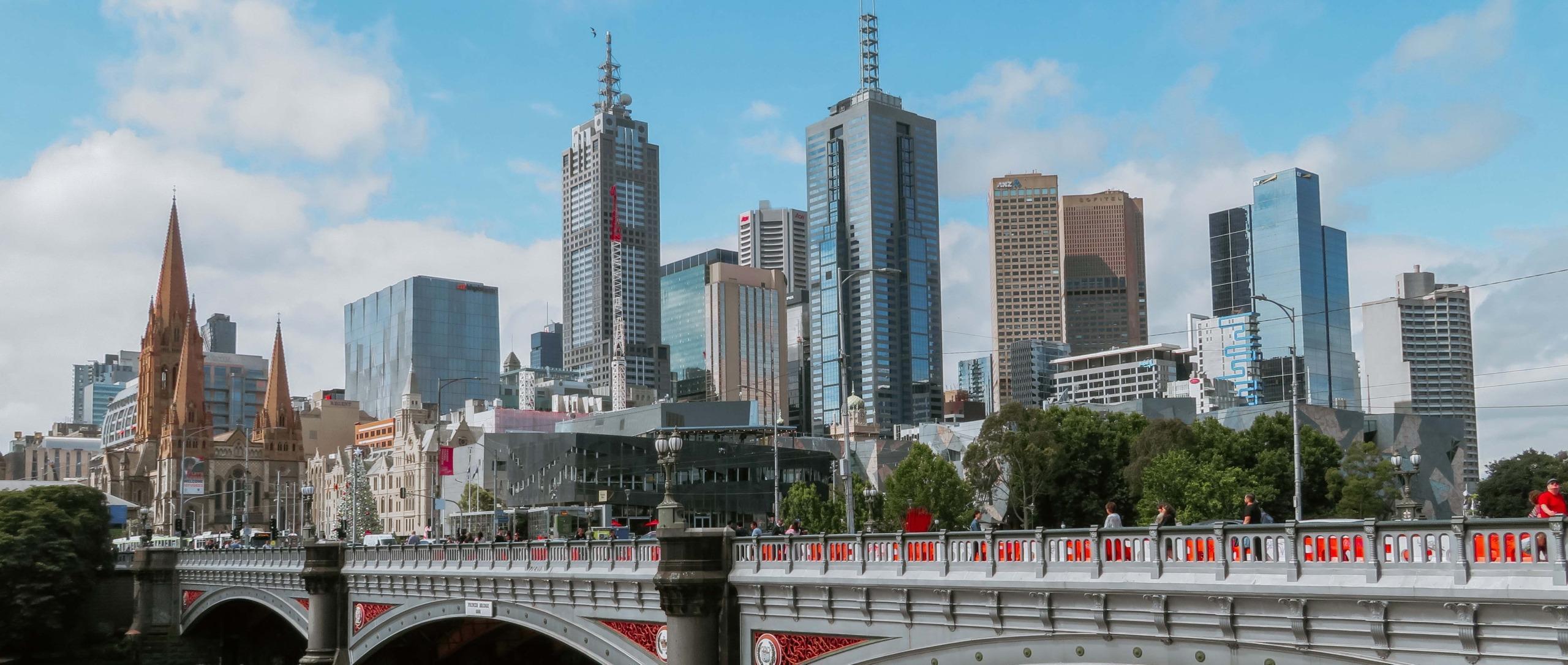
Starting a new job in a new country was slightly scary. I was living in a hostel and my schedule didn’t always agree with the hostel lifestyle. I had to find somewhere else to live!
I had heard about flatmates.com and so I signed up and started looking for houses. I made a profile that explained who I was (a ‘backpacker with a 6-month job), where I was from (the UK) and what I was looking for (a room in a shared house). The next day, I was setting up house viewings.
When looking for a room to rent, make sure you know what you want. Do you want a social house? Do you want to live close to the city? Do you want to live with backpackers or local residents? Don’t settle for something you don’t want. There are lots of great places out there!
I finally moved in with a couple of Australians and their two cats. It was a great place with lots of space and easy access to the city. This would act as my hub as I worked, explored Melbourne and Victoria and slowly fell in love with Australia.
Becoming a student
I had wanted to study marketing for a while, and I intended to study when I got back to the UK. But when I found out that I could study marketing at a college in Melbourne, I knew that was what I wanted to do.
I started looking for colleges and eventually signed up to a migrant and student agency that helped me with my college and visa applications. Once everything was approved, I was ready to start Certificate IV in Marketing. But in this time, Coronavirus had reared its ugly head and I knew I wouldn’t be studying in college. I would be studying from home.
Studying in lockdown

Studying from home was a challenge at first. In the past, I always chose to study in the library or at school where I felt more motivated. But the trainer was sympathetic and supporting.
Twice a week, for 3 hours at a time, I log into the zoom class and meet my classmates and trainers. Even though we’ve never met in real life, I feel like I know them. We work in groups together, study the course material in Zoom breakout rooms and get in contact on WhatsApp to go over our projects.
Studying a vocational course has allowed me to gain some amazing skills. I can put together websites and blogs, research projects and present ideas and campaigns to a group.
Vocational Education and Training has been great for me. It’s allowed me to study in Australia without having to pay the huge fees that you get from universities (my course cost about $5000 whereas university could have been $40,000 per year!). I now have valuable workplace experience that will help me gain employment in Australia or the UK. And with a few months left of my course, I intend to travel again during the holidays.
What I wish I’d known
Aside from the fact that the world would be plunged into a pandemic, there are a few other things I wish I’d known about becoming a student in Melbourne:
There are heaps of education agents out there!
When I decided that I wanted to study in Australia, I started contacting colleges directly and looking into how to get a student visa. As you can imagine, this was a big undertaking. There are a LOT of colleges and it wasn’t easy to search through all of them.
One day, my housemate mentioned that I could use a student migrant agent – what a revelation! I didn’t realise that several agencies are ready to help with all of your applications and associated admin. And the cost was far less than I thought!
If you have already found a college that you like, check the agent listing on their website. This will tell you which migrant agencies you can contact for help with your application.
Work is a little bit different here
If you want to work in a particular sector in Australia, make sure you have experience. Although Australian companies will acknowledge your transferable skills, they really value direct experience. There is a lot of competition for certain jobs here and you want to make sure you stand out from the crowd!
The wages are great!
When I got my first job in Australia, I thought the pay was ok. That was until I found out what other people (even backpackers) were earning.
The minimum wage in Australia is just under $20 per hour and there are ‘award rates’ for particular industries that are even higher. For example, you can easily earn over $25 per hour working in a café.
After a while, I moved into a different job that paid a better wage. Looking back, I should have researched the Australian job market more extensively before taking employment. So, if you move here, don’t take the first job you see. Shop around first and make sure you understand what wages you can expect.
You can only work 40 hours a fortnight
While on your student visa, you have limitations in your working hours. But don’t worry! If you manage to get a good job, you can cover your essential costs. And over the holidays, you’re free to work unlimited hours. When I moved from a working holiday visa to a student visa, this was a bit of a shock. But I soon realised that 20 hours of pay a week would be fine. And it gave me more free time to study.
The grading system is different in Vocational Education and Training
Unlike in school, there isn’t an A-F grading system. Instead, you are awarded competency. It’s basically pass/fail. At first, I didn’t know how I felt about the absence of a scoring scale but now I see the benefit.
Whereas in school or university you feel the pressure to get ‘top marks’, studying VET simply measures whether I can complete tasks well. Every term, I am learning new skills that I know will help me in the workplace – no matter what grade I get. Removing the pressure of a score allows me to enjoy each assessment task and learn in a way that works for me.
If you want to study with Central Australian College and you’d like to use an agent to help with your application, you can find their agent list here. And if you’re about to embark upon a student adventure in Australia, have a fantastic time!





